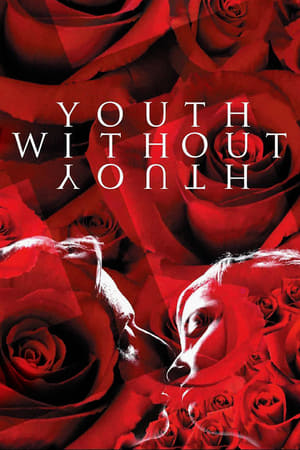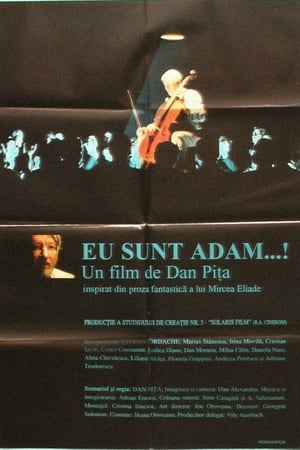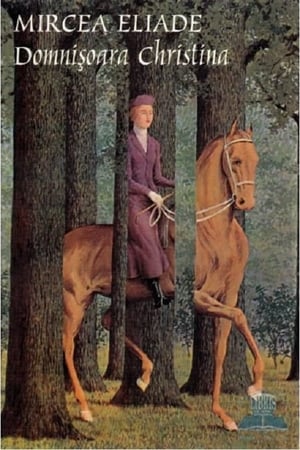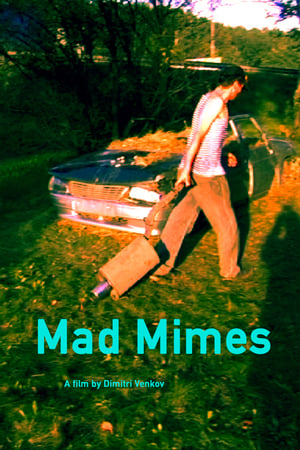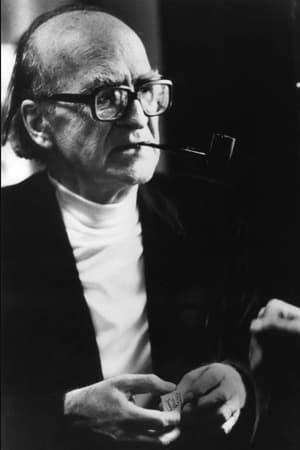
Mircea Eliade
Personal Info
Known for
Writing
Gender
Male
Birthday
1907-03-13
Day of Death
1986-04-22 (79 years old)
Place of Birth
Bucharest, Romania
Mircea Eliade
Biography
Mircea Eliade (Romanian: [ˈmirtʃe̯a eliˈade]; March 13 [O.S. February 28] 1907 – April 22, 1986) was a Romanian historian of religion, fiction writer, philosopher, and professor at the University of Chicago. One of the most influential scholars of religion of the 20th century and interpreter of religious experience, he established paradigms in religious studies that persist to this day. His theory that hierophanies form the basis of religion, splitting the human experience of reality into sacred and profane space and time, has proved influential.[2] One of his most instrumental contributions to religious studies was his theory of eternal return, which holds that myths and rituals do not simply commemorate hierophanies, but (at least in the minds of the religious) actually participate in them.
Eliade's literary works belong to the fantastic and autobiographical genres. The best known are the novels Maitreyi ('La Nuit Bengali' or 'Bengal Nights', 1933), Noaptea de Sânziene ('The Forbidden Forest', 1955), Isabel și apele diavolului ('Isabel and the Devil's Waters'), and Romanul Adolescentului Miop ('Novel of the Nearsighted Adolescent', 1989); the novellas Domnișoara Christina ('Miss Christina', 1936) and Tinerețe fără tinerețe ('Youth Without Youth', 1976); and the short stories Secretul doctorului Honigberger ('The Secret of Dr. Honigberger', 1940) and La Țigănci ('With the Gypsy Girls', 1963).
Early in his life, Eliade was a journalist and essayist, a disciple of Romanian philosopher and journalist Nae Ionescu, and a member of the literary society Criterion. In the 1940s, he served as cultural attaché of the Kingdom of Romania to the United Kingdom and Portugal. Several times during the late 1930s, Eliade publicly expressed his support for the Iron Guard, a Romanian Christian fascist organization. His involvement with fascism at the time, as well as his other far-right connections, came under frequent criticism after World War II.
Noted for his vast erudition, Eliade had fluent command of five languages (Romanian, French, German, Italian, and English) and a reading knowledge of three others (Hebrew, Persian, and Sanskrit). In 1990 he was elected a posthumous member of the Romanian Academy.
Description above from the Wikipedia article Mircea Eliade, licensed under CC-BY-SA, full list of contributors on Wikipedia.
Acting
(1987)
Crew
(2012)
Mad Mimes
Script Supervisor
(2007)
Youth Without Youth
Novel
(1996)
I Am Adam
Short Story
(1992)
Miss Christina
Novel
(1988)
The Bengali Night
Novel
